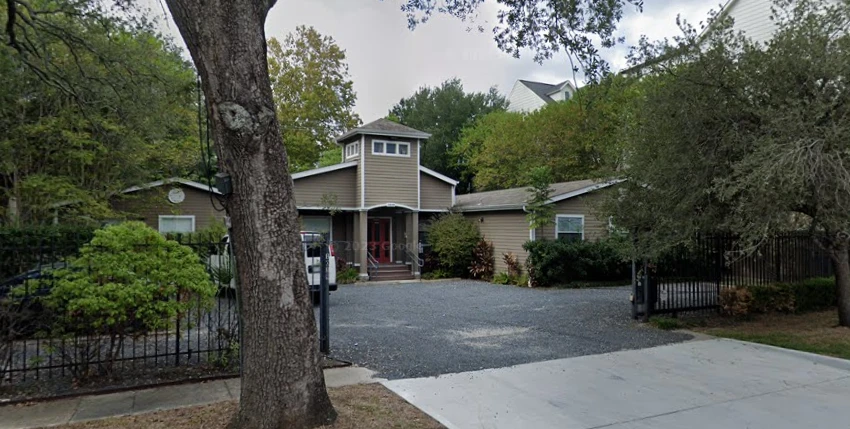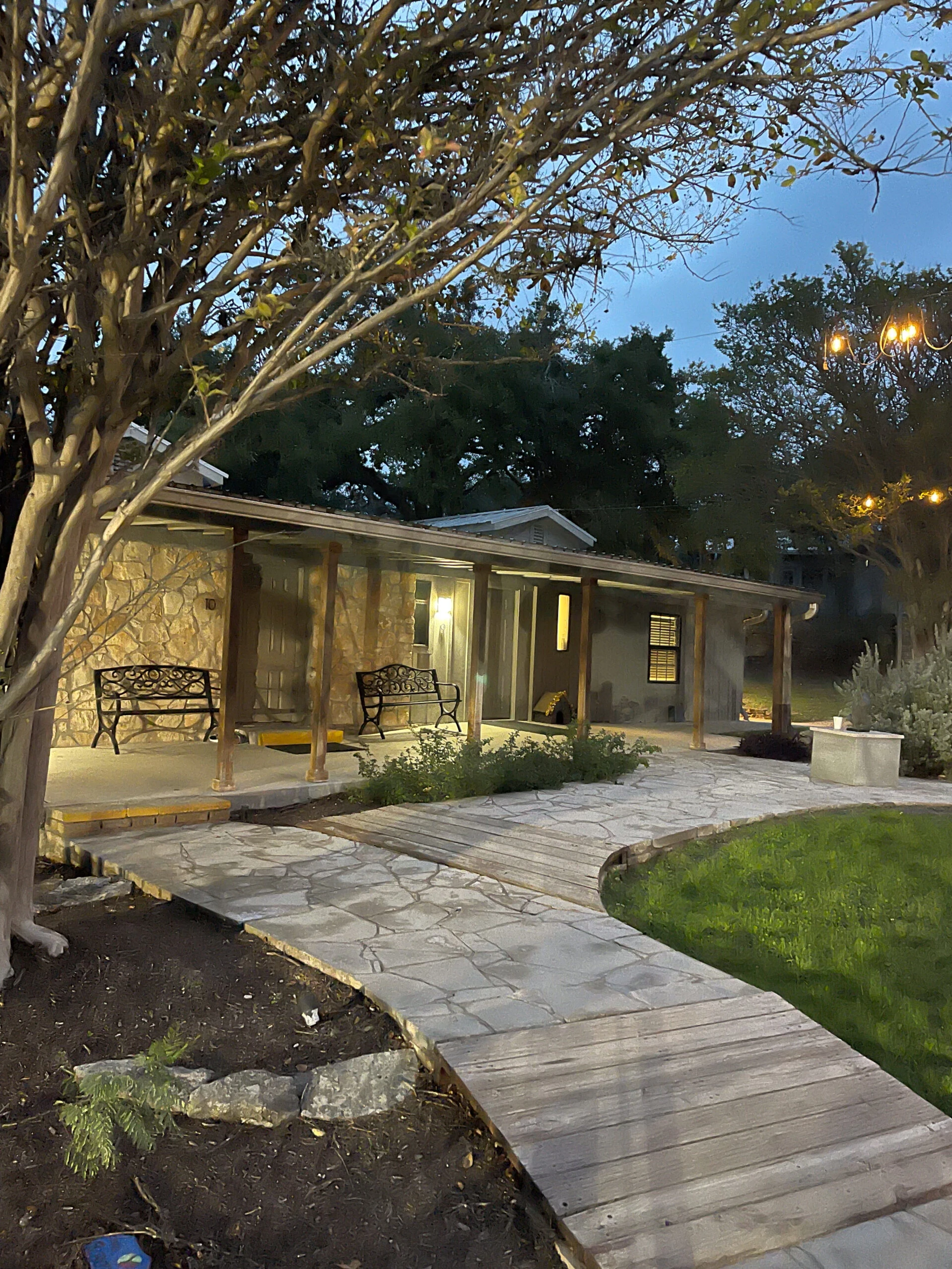Nova Recovery Center - Outpatient Services Information
Treatment
Who We Treat
- Male and Female
Treatment Focus
- Intensive Family Program
- Gender-Specific
Approaches
- 12-Step-Based
- Individual Treatment
- Personalized Treatment
- Evidence-Based
- Gender-Specific
- Family Involvement
- Twelve Step
- Family Therapy
- Group Therapy
- Trauma Informed
- Cognitive Behavioral Therapy (CBT)
- Rational Emotive Behavior Therapy (REBT)
- Psychodynamic Therapy
- 1-on-1 Counseling
- Art Therapy
- Psychodrama
Substances We Treat
- Alcohol
Languages
- English
Aftercare
- Intensive Outpatient Program
- Outpatient Treatment
- Employment Counseling
- Continuing Care
- Peer Mentoring
- Employment/Vocational Counseling
- Mentoring and Peer support
Level of Care
- Outpatient
- Intensive Outpatient Program (IOP)
- Virtual & In-Home Care
- Aftercare/Continuing Care
Experience
Special Considerations
- Family Program
Accreditations
-
NAATP
The NAATP accreditation is a recognized certification for addiction and behavioral health facilities. This accreditation serves as a validation of a center's commitment to maintaining high standards in the field. It signifies that the facility has met specific criteria and requirements set by NAATP, ensuring that individuals seeking addiction and behavioral health services can expect a level of quality and professionalism in their care. NAATP accreditation is a notable benchmark for facilities striving to provide effective and ethical treatment within this critical healthcare sector.

-
The Joint Commission
The Joint Commission's addiction and behavioral health accreditation signifies a facility's commitment to high-quality care. It involves rigorous evaluations and assessments of clinical practices, ensuring effective, evidence-based treatment. Accreditation showcases a dedication to continuous improvement and patient safety, instilling trust among patients, families, and healthcare professionals. It's a mark of excellence in addiction and behavioral health care.

Additional Locations
Nova Recovery Center - Outpatient Services Accepts The Following Insurance Plans
Find the best treatment options. Call our free and confidential helpline today!












